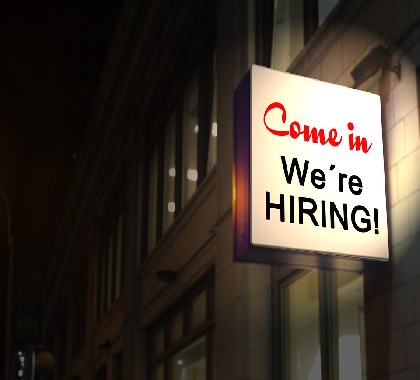Two U.S. Senators are sponsoring a bill to create an office under the attorney general of the District of Columbia to supervise government occupational licensing boards in Washington, DC and reduce licensing barriers to entry for employment in some federal government jobs.
Senate Bill 3158, the Alternatives to Licensing that Lower Obstacles to Work Act (ALLOW), was proposed by Sens. Mike Lee (R-UT) and Ben Sasse (R-NE) in July. The bill was referred to the U.S. Senate Committee on Homeland Security and Governmental Affairs on July 12, where it now awaits a vote.
Free Markets and Feedback
If approved by Congress and signed into law by President Barack Obama, the bill would eliminate licensing requirements for tour guides in government parks located in the nation’s capital, such as the National Mall.
Timothy Terrell, an associate professor in economics at Wofford College, says occupational licensing is not about protecting “victims” from poor customer service; it’s about protecting businesses from competition.
“Potential ‘victims’ aren’t actually being protected, for several reasons,” Terrell said. “It’s commonly assumed that without licensure, customers would be helpless to determine the quality of the service providers with whom they do business. This is not the case. As with eBay, Amazon, Uber, and many other marketplaces that use feedback from previous customers to sort out the low-quality providers from the higher-quality ones, customers can be protected from malpractice by service providers with similar mechanisms.”
Terrell says allowing market forces to help consumers determine providers’ quality is a better option than government restrictions.
“For some markets, insurance companies may provide some quality assurance, as they would generally be unwilling to pay for ineffective services or services that lead to greater costs in the future,” Terrell said.
Who Benefits from Barriers?
Rob Johnson, an attorney with the Institute for Justice, says special-interest groups are a driving force behind the enactment of occupational licensing laws.
“For instance, the American Society of Interior Designers has gone all across the country trying to impose licensing on the interior design industry,” Johnson said. “Claims that licensing protects consumers are often transparently false. What danger, for instance, is posed by bad interior design?”
‘Really Important Reform’
Johnson says ALLOW has national significance.
“This is a really important reform and a welcome innovation, as it underscores that licensing should be the last resort of regulators,” Johnson said. “Often, regulators seem to think that licensing can be imposed so long as a regulation supposes some kind of danger to the public. Legitimate concerns can be addressed in other ways: through targeted laws, insurance requirements, voluntary certification, or other means.”




